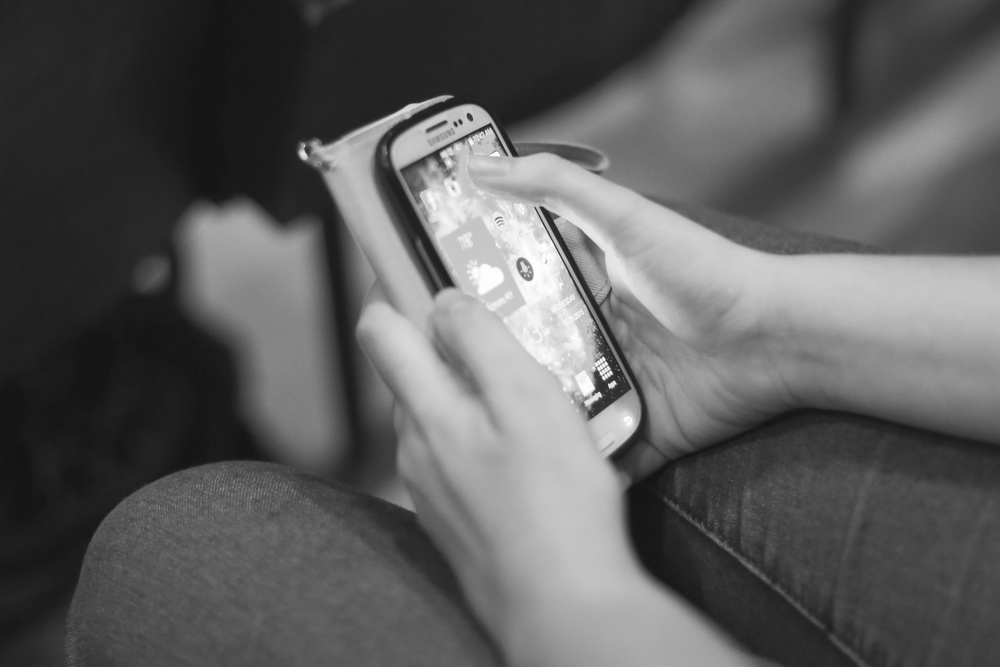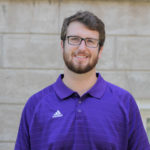By Bria Isaacson, Contributing Writer
How long could you make it without your cell phone?
In a recent study on cell phone use, the Pew Research Center found that 94 percent of smartphone users frequently have their phone with them. Eighty two percent rarely or never turn them off.
Despite a growth of cell phone use in public, many Asbury University locations, such as some classrooms and chapel, still disallow cell phone use. As can be expected, classroom cell phone and laptop rules vary from professor to professor.
Dr. Cheryll Crowe, who teaches math education classes, allows laptop and limited cell phone use in the classroom, though both must be used for academic purposes, such as taking notes or googling information, she said.
“As long as it’s not distracting, [technology] is an integral part to learning and teaching,” said Crowe. “Part of learning how to use technology is learning how to use it properly and not misuse it.”
To ensure the proper use of electronics, some professors permit technology use only after a student has signed a contract agreeing to use the technology solely for educational purposes.
Dr. Owen Dickens, who teaches Hebrew and Bible Theology courses, requires his students to sign a statement that says, “I will not use my personal computer or tablet during class to play games, send or receive email, surf the internet, view videos, listen to music, or engage in any other activity not directly related to class.”
Other professors, such as Martin Seitz and David Rightmire, believe class time is not the proper time for technology and, therefore, prohibit all types of student technology, from cell phones to laptops.
“With the onset of smart phones, there’s so much constant texting and communication,” Rightmire said. “It’s difficult to not be distracted. I want students to focus on what we’re here to do, to go on a technology fast for one 50 or 70 minute period. We need a fast so we’re not so controlled or enslaved that we can’t put [phones] down.”
Campus Chaplain Greg Haseloff believes that chapel is one of the places that such a technology fast should take place.
According to Haseloff, cell phone use in chapel is frustrating to neighbors, speaker, the community and “numbs us from hearing God’s voice in the context of worship.”
In fact, those who use cell phones in chapel may receive a 1/3 absence for not being fully present in chapel, according to chapel attendance policy.
Despite these opinions and policies, cell phone use in chapel and class continues. According to a Collegian survey on September 3, about 24 percent of Asbury students often or frequently use cell phones in classes, while 44 percent often or frequently use cell phones in chapel. Most often this is not for academic purposes, but is for texting, checking emails and social media.
Campus Ministries tries to encourage cell phone use that will enhance the chapel experience. For instance, cell phone use is permitted when a chapel speaker directly asks for cell phone involvement or with the new #AUBehold tweets that are incorporated into the slideshows shown before the start of chapel.
“We’re all looking for the best approach to technology,” Haseloff said. “We’re on a search for social etiquette and how we can best use [technology] to honor God and others and reflect Christ in how and when we use our devices. Sometimes technology can add to or enhance worship service, but it doesn’t enhance it for everyone. That’s the challenge.”
“I really like the whole #chapeltweet thing,” said junior Shelby Lawhorn. “I use it to engage with the chapel when I have questions or comments regarding theology.”
But other students still find cell phones in chapel distracting.
“Cell phones redirect everyone’s thoughts to happenings and people outside of the moment,” said senior Janel Moore. “I think it would be really cool if phones were one of the things set aside in order to be focused on the now, especially in places where it’s respectful to be giving your full attention to the speaker and God.”




